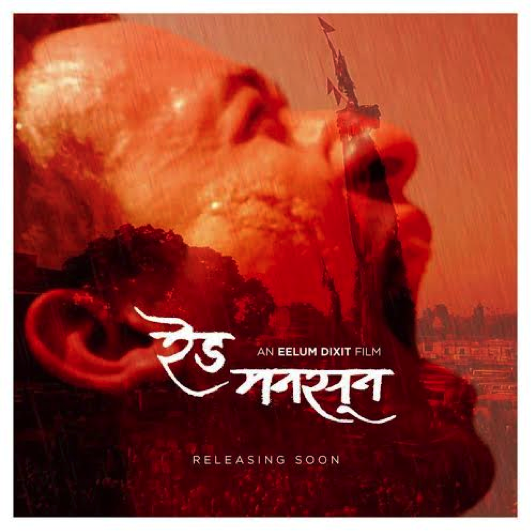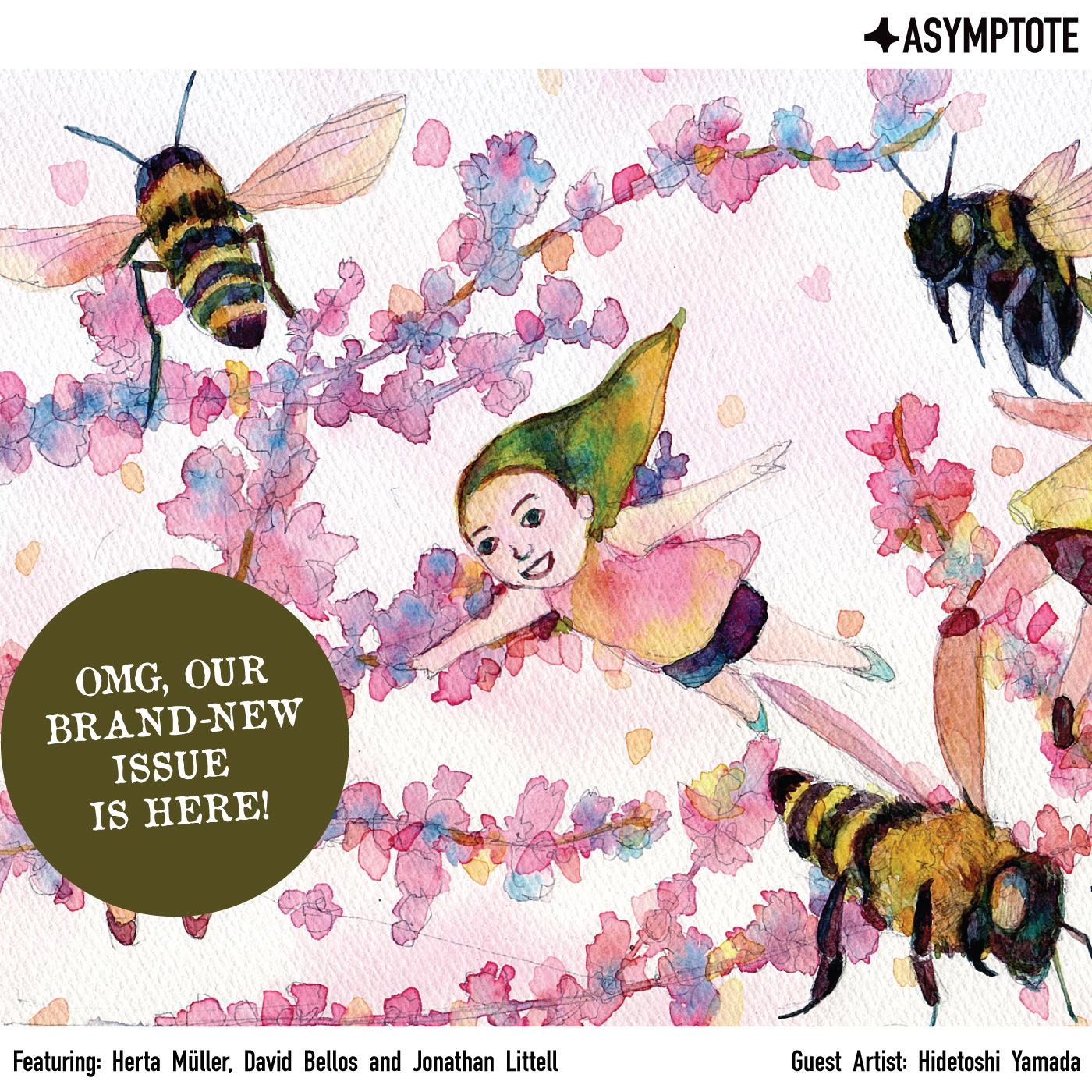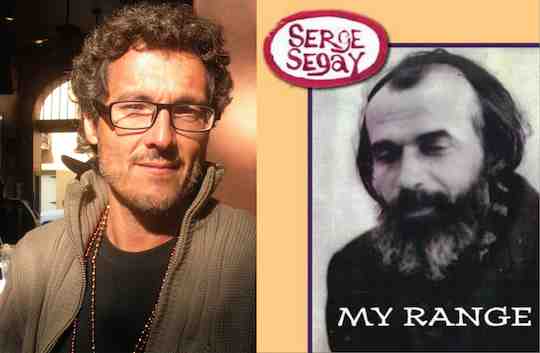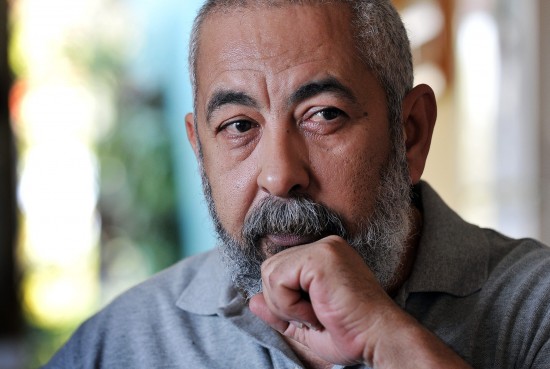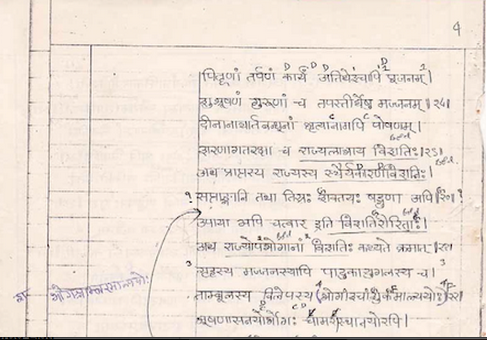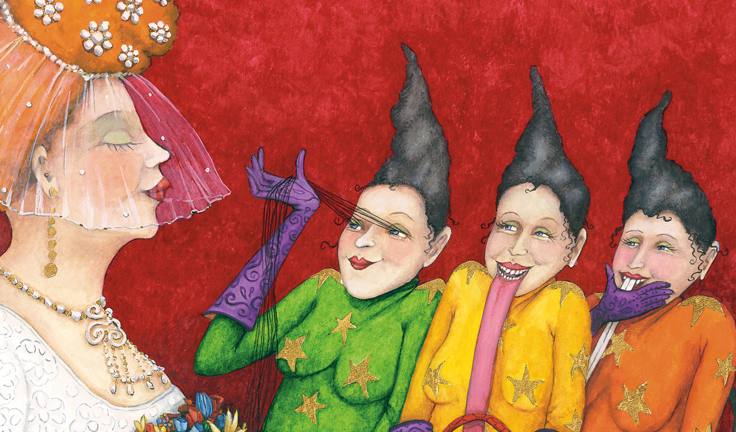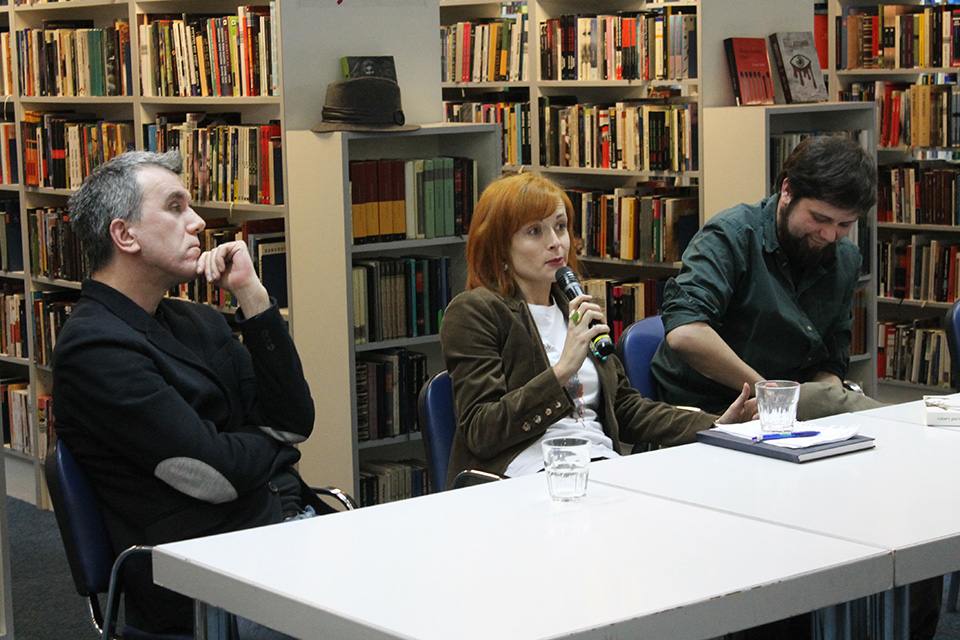Red Monsoon, a Nepali-language feature film directed by young Nepali filmmaker Eelum Dixit, will open in Kathmandu multiplexes in May. A select crowd of Lalitpur intelligentsia, myself included (I say this with my tongue firmly in cheek!) were invited to preview the film last week in the more intimate atmosphere of the refurbished 1920s-era Yalamaya Kendra complex.
South Asian film is perhaps too often synonymous with Bollywood. The overwhelming image is of the colourful, sequined song-and-dance routine, melodrama, three-hour-plus duration, as well as big-budget, cartel-backed production.
But Red Monsoon contains only one of these characteristics. The low-budget film (starring several members of Eelum’s family) opens with footage of one of Kathmandu’s many crowd-pulling religious festivals, yet riot police are beating back revelers. In the next scene, a group of young men discuss migration to the Gulf. “Good luck with your new life in Dubai,” says one friend. READ MORE…

